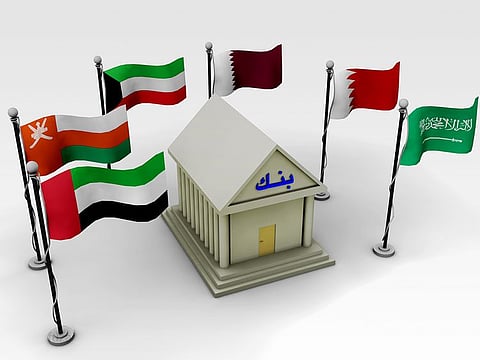Gulf economies can do better by creating unified job training centers for citizens
GCC economies can always do with constant skills upgrades for its citizens

The further rapid growth by Gulf economies necessitate the development of some key essentials, such as a primary focus on human resources and the required expertise to manage new projects and cutting-edge facilities.
Such efforts rely heavily on advanced technologies and AI, aligning with the visionary developments already in place. In the past four decades, the GCC has successfully established human resource development centres in specific sectors such as aviation, banking, and financial affairs.
However, swift global economic transformations have expanded beyond these sectors into more intricate domains. This shift calls for a re-evaluation of the traditional approach to operating training centres, which have been replicated across all GCC countries in a similar fashion, such as training institutes in the banking sector.
Sophisticated training centres are resource-intensive, if they are to attract top-tier talent. The conventional method may not be practical for all GCC nations, particularly considering the operational scope of such centers. It then becomes imperative for these centres to be not only viable but more effective by accommodating trainees from all GCC member-states.
Each Gulf nation has its expertise
We can observe the UAE's transformation into a hub for training and this calls for further development by uniting Gulf-wide endeavours to establish collaborative training and rehabilitation centres in all GCC countries, leveraging historical experiences and human and technical capabilities. Such an approach will streamline efforts, reduce costs, and enhance their overall effectiveness. Saudi Arabia has recently taken a significant step in this direction,.
With its ambitions to become a prominent hub in the mining industry, especially following significant discoveries of precious metals and substantial investment commitments of $32 billion, Saudi Arabia launched its first training program catering to GCC citizens engaged in the mining sector. The program features various aspects, from scientific innovations in mining to hands-on training, including field visits.
The establishment of collaborative centres in various domains is a potential prospect. For instance, the UAE's expertise in nuclear energy, gained from pioneering the first nuclear power plant in the Middle East, could pave the way for one focused on this energy resource. Additionally, given the nation's strong focus on AI, another centre specialising in this field holds great promise.
In Bahrain, a Gulf centre specialising in digital banking could be set up, capitalising on the presence of highly skilled local talent. Kuwait, with its extensive experience in foreign investments, could host a training centre focused on preparing individuals for roles crucial to affluent economies like those in the Gulf. Similar opportunities exist in Qatar and Oman, both having garnered significant expertise in various fields, such as aviation and infrastructure development.
Bridge the skills gap
These highlight the potential scope of Gulf-wide training initiatives. Yet, their absence would represent a substantial gap in the implementation of development programs and governments’ visions. To bridge the divide between growth and human capacity, the GCC countries require multiple training centres aligned to development efforts. Each country can host such facilities, fostering enhanced capabilities that surpass smaller, pre-existing centres.
Beyond efficiency and cost-effectiveness, this approach would promote greater Gulf integration by facilitating exchange of experiences and competencies. It would also contribute to the establishment of a unified Gulf labour market where citizens can leverage their skills and expertise to benefit the collective.
This is integral to supporting the Gulf Common Market, further facilitated by a mutual retirement system adopted since the 1980s. This system simplifies the transfer and exchange of Gulf experiences in response to the development needs of each nation.
Consequently, it promises a substantial enhancement of the Gulf’s human resources base, and one that will yield significant benefits for all GCC countries.
Sign up for the Daily Briefing
Get the latest news and updates straight to your inbox






